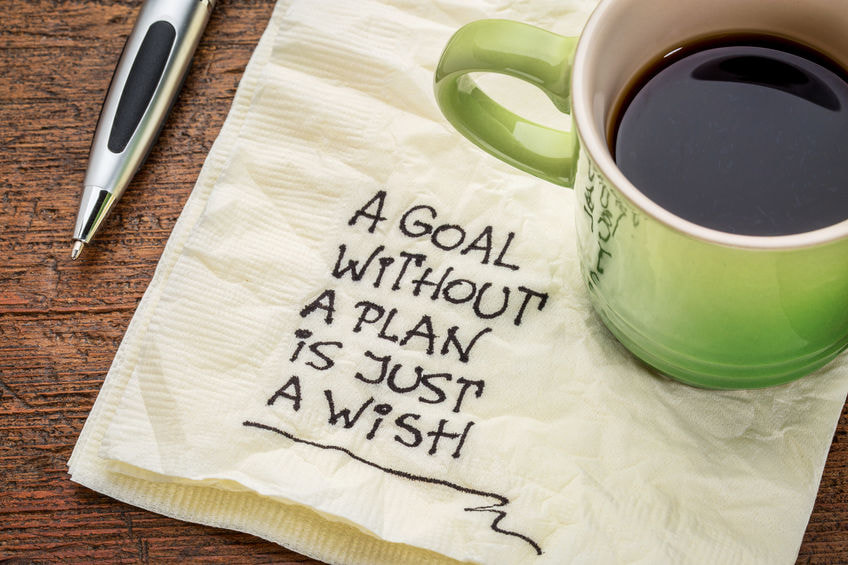|
Back to Blog
Don’t Let Estate Planning Overwhelm You5/22/2020 When I mention estate planning to friends, I almost always get the same response … a long sigh and then an excuse: “It’s just too overwhelming to think about!” People have that reaction for good reason. Most don’t know what an estate plan entails and they’re frightened by the prospect of doing it on their own. What they don’t realize is that estate planning can be relatively easy when you’re working with someone who can break it down for you.
When I talk to prospective clients, the first thing I do is help them gather the information they’ll need to make good decisions. Once we have that information in hand, I become more of a coach, helping them through a series of steps that keep them on track. The end result is a set of documents that clearly reflect your values and wishes so that your family and friends don’t have to guess about what you might want – something that would be challenging under any circumstances but especially hard when they’re also grieving. Here are three simple things you can do to get started:
Now you have a framework for working with an estate planner and creating an estate plan. Please see: https://www.linkedin.com/pulse/dont-let-estate-planning-overwhelm-you-phyllis-a-oscar-esq-
0 Comments
read more
Back to Blog
1. What is an estate plan? The technical answer is that an estate plan is a set of documents that address how you would like your belongings and “assets” to be given away after you pass. It allows you to choose people you trust to carry out your decisions for you. However, I like to think of an estate plan more like a plan for the final gifts that you’d like to give to the people you love or to the broader world to support charities or causes that are important to you. 2. Why do I need an estate plan? There are three great reasons to make an estate plan. First, having a written estate plan ensures that the people you love will be taken care of the way you would like when you are no longer here. Second, an estate plan answers the questions your family and loved ones may have about your wishes and priorities. You’re doing them a great service by answering in advance the questions they would have about what you want – and relieving them of what could be a big burden to deal with when they’re already sad and stressed. And finally, an estate plan allows you to make choices about how to have an impact after you’re gone. 3. What happens if I don’t have an estate plan? Actually, this is the fourth great reason to have an estate plan: if you don’t write one, your money and assets must go through Probate Court, an expensive, time-consuming, and often frustrating process. A sizeable chunk of your assets may be spent dealing with procedural matters – court costs, lawyer fees – leaving far less to those you love. |
 RSS Feed
RSS Feed


